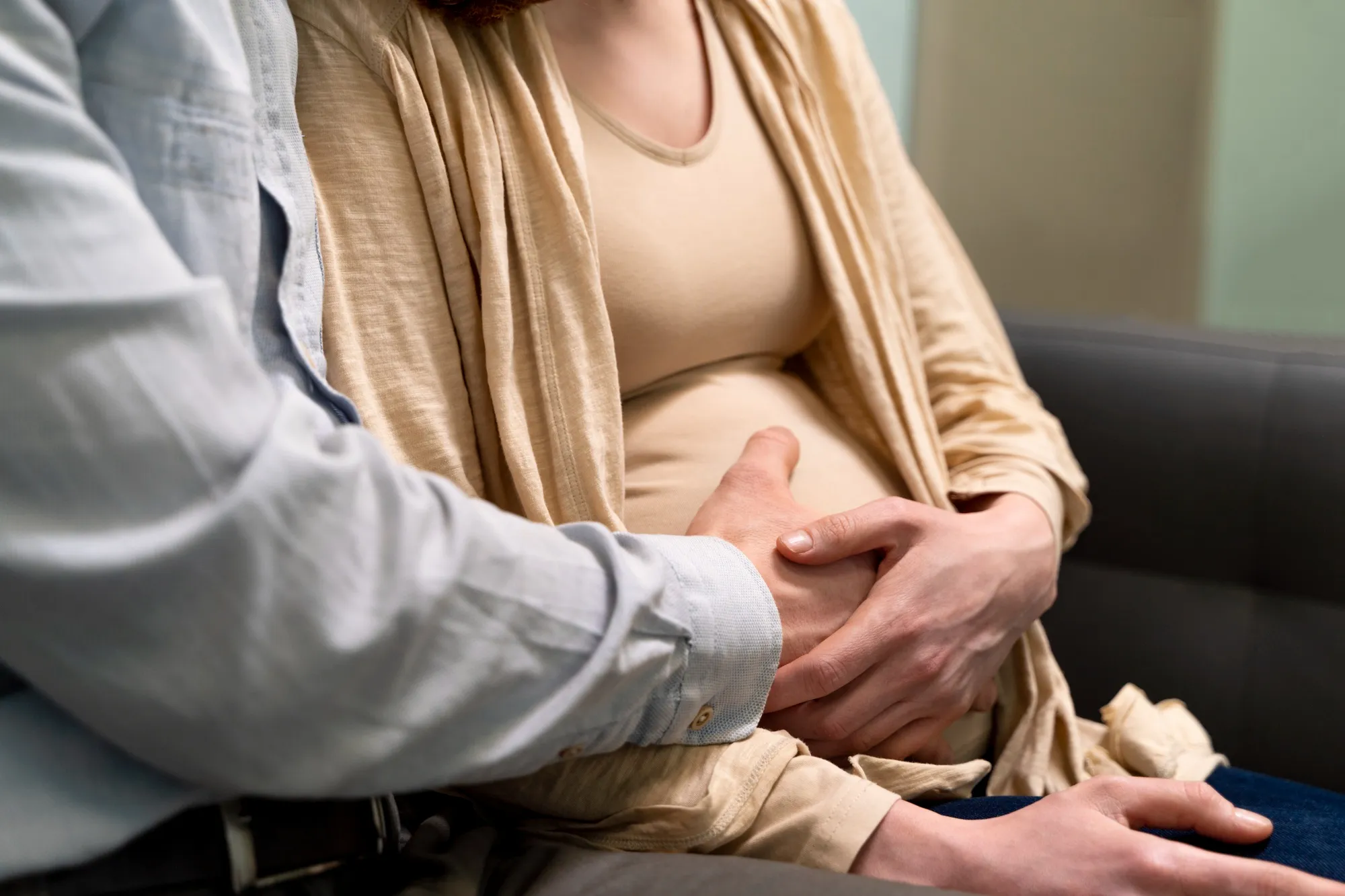Introduction
In the diverse tapestry of the UK’s populace, Muslim women of child-bearing age constitute a significant demographic. Yet, despite their numbers, there’s a conspicuous scarcity in literature that articulately examines their unique health needs or their interactions with the healthcare system, particularly during maternity. The intricacies of faith interwoven with the ethnic identities of these women often remain unexplored, with the term ‘Muslim’ frequently conflated with ethnic categorizations, neglecting the distinct religious and spiritual experiences that influence their healthcare journeys.
This article delves into an illuminating study conducted to bridge this information gap, examining the maternity experiences of Muslim women in the North-West of England. The research presented herein not only unpacks the spiritual aspect of maternity for these women but also casts light on their interactions with healthcare professionals and their specific needs within the maternity care system.
The Study at a Glance
Drawing upon a qualitative longitudinal interview approach, the research detailed in this article – published in BMC Pregnancy and Childbirth (DOI: 10.1186/s12884-019-2302-y) – is one that offers a rare introspection into the maternity narratives of English-speaking first-time Muslim mothers receiving care in the North-West of England. Conducting a total of 21 interviews across three key maternity stages – antenatal, immediate postnatal, and later postnatal periods, researchers aimed to thoroughly explore and analyze the participants’ perceived needs and the factors guiding their health-seeking actions in their engagement with maternity services.
Key Findings & Themes
The study uncovered several compelling themes that provide an intimate glimpse into the maternity experiences of these women. Core among these were:
1. A Spiritual Perspective
2. Expression of Religious Requirements
3. Perceptions of Healthcare Professionals
A common thread throughout the interviews was the deep connection between maternity and religious beliefs. Contrary to a prevalent assumption, religion was not named as the primary impetus for pregnancy; it was, however, intrinsically linked to the aspiration and subsequent embrace of motherhood. Participating women shared how their faith not only infused their pregnancy with purpose but also offered comfort and guidance through the medical and emotional odysseys of childbirth and postnatal care.
Navigating Healthcare Experience
What emerged distinctly from the study was the women’s need to feel empowered to communicate their religious needs confidently within the maternity setting. A troubling revelation was the sense of trepidation or discomfort Muslim women felt when attempting to convey these needs to healthcare professionals, stemming from a perceived lack of cultural competency and an awareness of the negative stereotypes pervasive in Western media.
Recommendation for Healthcare Providers
The research underscores the imperative of integrating education about Muslim worldviews and religious practices into healthcare professionals’ training. A nuanced understanding of these perspectives is pivotal to improving the quality of maternity care provided to Muslim women.
Conclusion
The insights garnered from this study are invaluable, paving the way for a more inclusive and sensitive approach to maternity care. By fostering an environment where Muslim women can articulate their needs without apprehension, healthcare services can not only meet but surpass the standards of care for this underserved demographic.
Keywords
1. Maternity Care for Muslim Women
2. Religious Practices in Maternity
3. Culturally Competent Healthcare
4. Muslim Maternal Health
5. Inclusive Maternity Services
References
1. Hassan, S. M., Leavey, C., & Rooney, J. S. (2019). Exploring English speaking Muslim women’s first-time maternity experiences: a qualitative longitudinal interview study. BMC Pregnancy and Childbirth, 19(1), 156. https://doi.org/10.1186/s12884-019-2302-y.
2. Kelly, E., & Lee, T. (2017). Under pressure? NHS maternity services in England. Institute for Fiscal Studies. https://doi.org/10.1920/BN.IFS.2017.BN0215.
3. Puthussery, S. (2016). Perinatal outcomes among migrant mothers in the United Kingdom: Is it a matter of biology, behaviour, policy, social determinants or access to health care? Best Practice & Research Clinical Obstetrics & Gynaecology, 32, 39–49. https://doi.org/10.1016/j.bpobgyn.2015.09.003.
4. Kurinczuk, J. J., et al. (2014). Experiences with maternal and perinatal death reviews in the UK-the MBRRACE-UK programme. BJOG: An International Journal of Obstetrics & Gynaecology, 121, 41–46. https://doi.org/10.1111/1471-0528.12820.
5. Henderson, J., Gao, H., & Redshaw, M. (2013). Experiencing maternity care: the care received and perceptions of women from different ethnic groups. BMC Pregnancy and Childbirth, 13(196). https://doi.org/10.1186/1471-2393-13-196.
